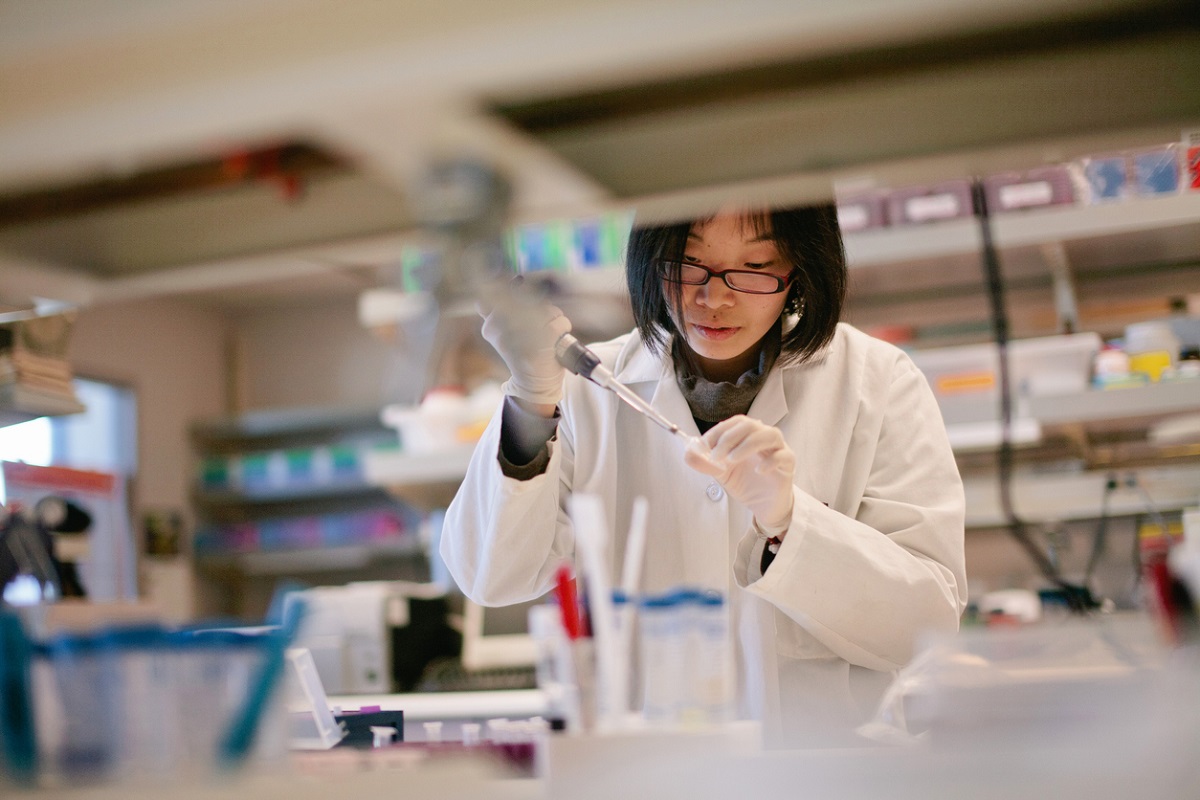
Experts Present Two Efficient CRISPR-Cas9 Systems for Soybean
April 7, 2021| |
Scientists from the University of Brasilia and the University of Georgia reported two CRISPR-Cas9 systems which can be used for soybean's complex genome. The findings are published in Transgenic Research.
Genome editing tools are powerful tools in crop improvement since their efficiency can be enhanced to be applied to crops with complex genomes such as soybeans. The researchers tested two CRISPR systems, one with a single component, and another with two components. They described the first system as simpler, with a single transcriptional unit (STU), SpCas9 and sgRNA are driven by only one promoter. The second system is conventional, with two-component transcriptional unit (TCTU); SpCas9, under the control of a pol II promoter, and sgRNAs under the control of a pol III promoter. Then, a multiplex system with three targets was designed targeting two different genes, GmIPK1 and GmIPK2, which code for enzymes from the phytic acid synthesis pathway. Through the hairy root soybean methodology, the two systems were tested.
The results showed gene-specific editing. For the GmIPK1 gene, the editing was evident in both systems but the two-component system exhibited a higher rate of insertion/deletion. For GmIPK2, major exclusions were found in both systems, but the simple system had lower editing efficiency. Both systems were able to help effective gene editing in soybean but the two-component system was more preferable because its higher efficiency was more efficient. The single-component system was less efficient but has a smaller CRISPR-Cas cassette.
Read more from Transgenic Research.
| |
You might also like:
- Genome Editing Resource
- Plant Breeding Innovation: CRISPR-Cas9
- Rise of the First Gene-edited Soybean Welcomes New CRISPR Foods
Biotech Updates is a weekly newsletter of ISAAA, a not-for-profit organization. It is distributed for free to over 22,000 subscribers worldwide to inform them about the key developments in biosciences, especially in biotechnology. Your support will help us in our mission to feed the world with knowledge. You can help by donating as little as $10.
-
See more articles:
-
News from Around the World
- Climate Change Slowed Agricultural Productivity Growth by 21% since 1961
- Study Finds Spinach as Edible Substrate to Grow Meat from Lab
- New Heat Sensing Gene to Help Crops Battle Climate Change
- Health Canada: Gene-Edited Crops are Safe
- Experts Tackle Importance of New Breeding Technologies in Food and Nutritional Security
- GM White Clover Field Trial in Australia Gets Approval
- Experts Highlight Impacts of Agri-biotech Adoption in Vietnam
- Labeling Gene-Edited Foodstuffs is Impossible Says Italian MEP
-
Research Highlights
- Identified Gene Boosts Water Use Efficiency in Apples
-
Plant
- Japanese Consumers Prefer Gene Editing Applications on Vegetables over Livestock
- Experts Present Two Efficient CRISPR-Cas9 Systems for Soybean
- MitoTALENs Reveal Role of Mitochondrial Gene in Rice Pollen Development
-
Read the latest: - Biotech Updates (January 21, 2026)
- Gene Editing Supplement (January 28, 2026)
- Gene Drive Supplement (February 22, 2023)
-
Subscribe to BU: - Share
- Tweet

